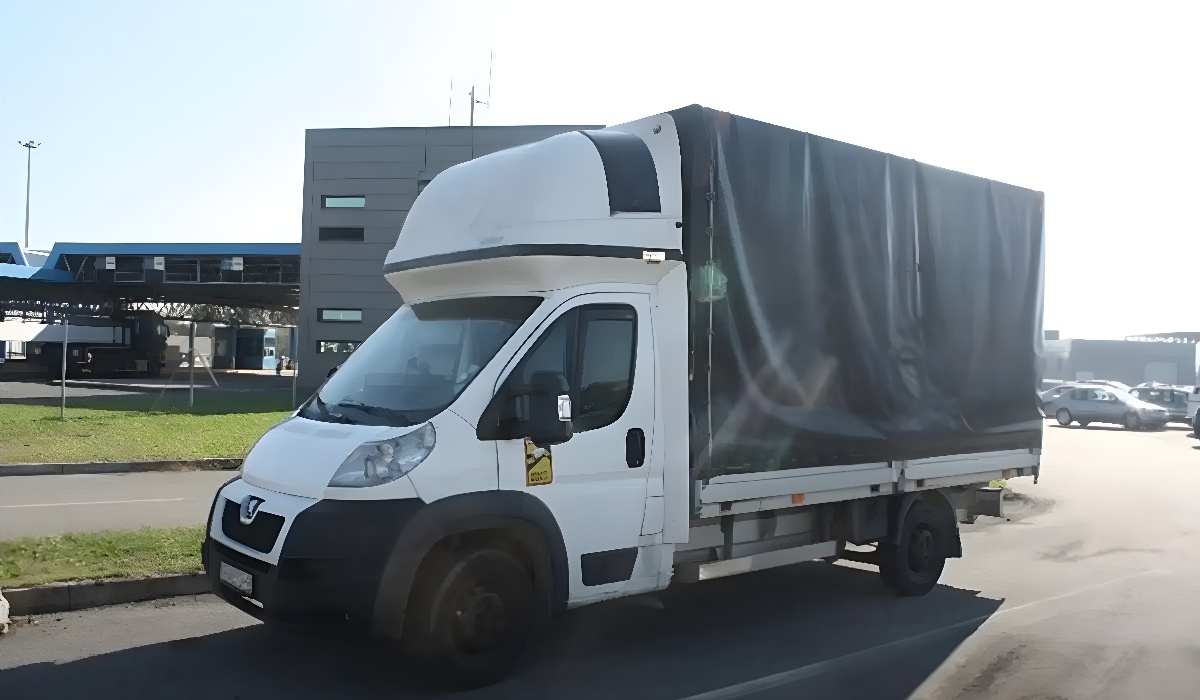In a significant victory against organized crime, a joint effort by law enforcement agencies from Bosnia and Herzegovina, Croatia, Slovenia, and with informational support from Germany, has resulted in the arrest of 19 smugglers involved in migrant trafficking along the Balkan route. The operation, spanning over a year, was conducted under the umbrella of Europol’s Operational Task Force (OTF) and led to two action days on January 24 and February 6, resulting in the apprehension of key individuals and the disruption of a major criminal network.
The leader of the smuggling ring, a high-value target identified as a woman from Bosnia and Herzegovina, was apprehended in her home country. Additionally, 18 other members of the criminal organization were arrested, evenly distributed between Bosnia and Herzegovina and Croatia. The extensive investigation also saw searches at 10 different locations in both countries, leading to the seizure of vehicles, electronic equipment, and approximately EUR 65,000 in cash.
The modus operandi employed by the criminal network was particularly perilous, involving the transportation of migrants concealed in modified wagon cars between Bosnia and Herzegovina and Croatia. The migrants were hidden in specially designed compartments under car floors, making the journey extremely hazardous. Prior to the action days, Croatian authorities had already arrested 28 suspected smugglers connected to this network, intercepting incidents involving over 360 migrants.
The smuggling route under investigation experienced a surge in criminal activity in 2024, as criminals intensified their efforts along the Bosnia and Herzegovina-Croatia-Slovenia path, shifting away from the previously heavily trafficked Bosnia and Herzegovina-Croatia border. This change highlights the adaptability of criminal networks in response to law enforcement measures.
The smugglers, upon successfully guiding migrants across the border, would further transport them to Western European destinations using various means such as cars, vans, or lorries. The investigation revealed the existence of several interconnected networks, with leaders suspected to be residing not only in neighboring countries but also in Germany and Turkey. These leaders coordinated different cells operating at the local level, ensuring temporary accommodation and facilitating the migrants’ journey to their final destinations.
To address the growing threat of criminal networks in the Balkan region, Europol established a regional OTF in March 2023, involving Bosnia and Herzegovina, Croatia, Germany, and Slovenia. This task force focuses on combating criminal networks engaged in migrant smuggling along the main Western Balkan migration routes. Europol provided essential support, coordinating investigative activities, organizing operational meetings, and facilitating information exchange among national authorities.
In addition, Europol deployed experts to Bosnia and Herzegovina and Croatia during the action days. These experts assisted in real-time cross-checking of operational information against Europol’s databases, conducted digital forensics, and provided on-the-ground support to investigators, generating new leads crucial for the success of the operation.
The dismantling of this major smuggling network signifies a substantial blow to criminal operations exploiting vulnerable migrants. It underscores the importance of international cooperation, spearheaded by Europol, in addressing the complex challenges posed by transnational organized crime in the region.









